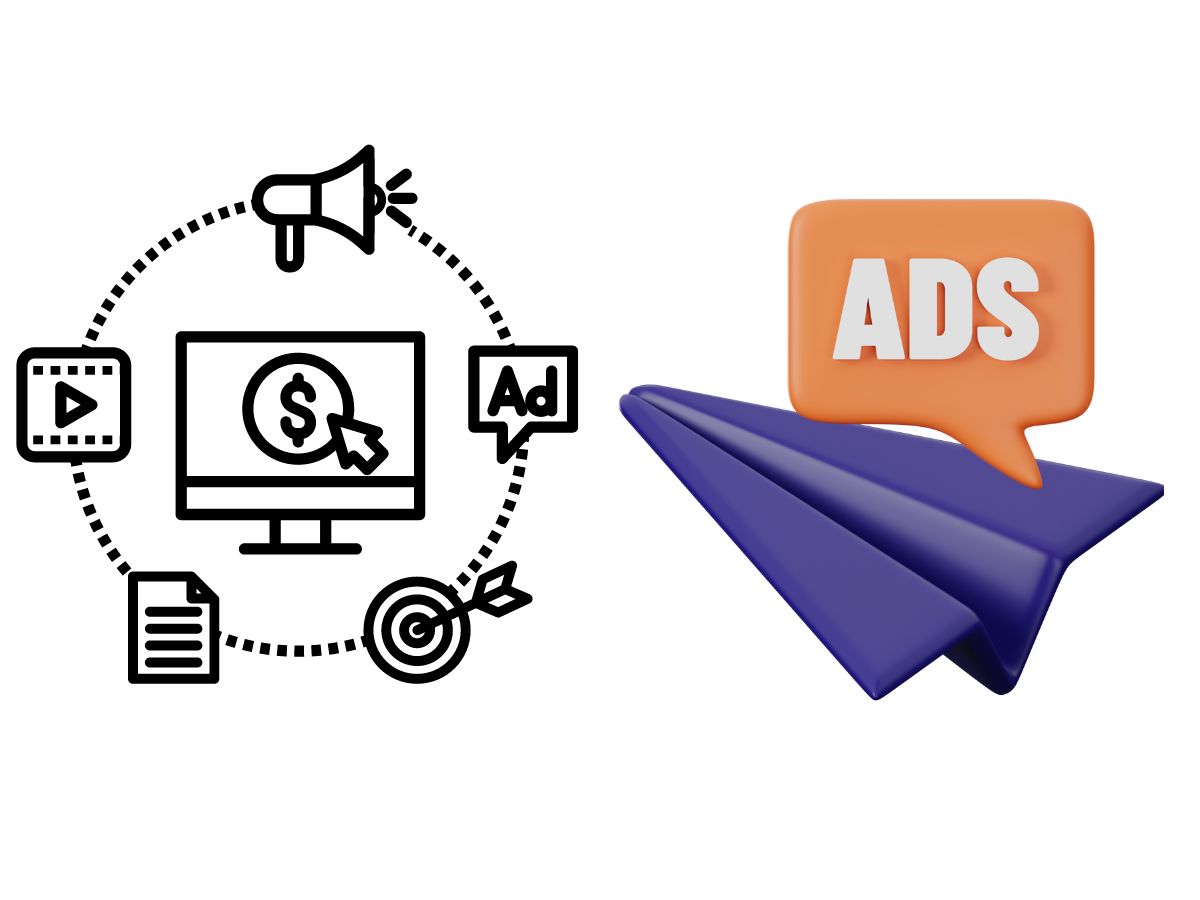Improving the performance of your PPC (Pay-Per-Click) campaigns is crucial for maximizing return on investment and ensuring your ads reach the right audience. Here are seven comprehensive strategies to enhance your PPC campaigns effectively:
1. Optimize Campaigns by Location and Device
Tailoring your PPC campaigns based on geographic location and device type can significantly impact their success. By segmenting your audience according to location, you can allocate more budget to high-performing regions or adjust bids to match local competition levels. Similarly, analyzing performance across devices helps you understand user behavior on different platforms. For instance, while mobile traffic might be high, conversions could be more frequent on desktops. Use this data to adjust your bidding strategy and ad creatives accordingly to maximize conversions from each device type.
2. Utilize Advanced Audience Targeting and Segmentation
Effective audience targeting involves more than just demographics; it requires understanding user behavior and intent. Create segmented audiences using first-party data, such as page visits and content engagement. This approach allows for more precise targeting and the delivery of relevant ads that are more likely to resonate with potential customers. Segmentation can also help you allocate your budget more efficiently by focusing on high-value audiences that are more likely to convert.
3. Leverage Negative Keywords
Negative keywords are an essential component of any successful PPC campaign. They help prevent your ads from appearing in irrelevant searches, which can waste your budget on clicks that are unlikely to convert. Regularly update and refine your negative keyword list to filter out low-performing queries and improve the quality score of your ads. This practice ensures your ads reach the most relevant audience, enhancing click-through rates (CTR) and conversion rates.
4. Enhance Your Ad Copy and Creative Elements
The effectiveness of your PPC ads heavily relies on compelling ad copy and visuals. Your ad copy should be clear, engaging, and directly address the user's needs or pain points. It should also include a strong call-to-action (CTA) that encourages clicks and conversions. Regularly testing different versions of your ad copy (A/B testing) can help you identify which messages resonate best with your audience. Additionally, keeping your ad creatives fresh and aligned with current trends can maintain user engagement and prevent ad fatigue.
5. Optimize Landing Pages for Better Conversion Rates
A well-optimized landing page is crucial for converting clicks into customers. Ensure that your landing page is highly relevant to the ad content and provides a seamless user experience. This includes fast load times, mobile-friendly design, clear CTAs, and content that matches the user’s search intent. An optimized landing page not only improves user satisfaction but also contributes to a higher quality score, potentially lowering your cost per click (CPC).
6. Embrace Automation and Smart Bidding Strategies
Automation in PPC campaigns, such as using Google’s Smart Bidding and Performance Max campaigns, allows for more efficient and effective campaign management. These tools leverage machine learning to optimize bids in real-time based on a variety of factors, including user behavior and historical data. By adopting automated bidding strategies, you can ensure that your ads are shown to the right users at the right time, maximizing your budget and improving overall campaign performance.
7. Implement Accurate Tracking and Analytics
Tracking and analyzing your PPC campaign performance is vital for making informed decisions and optimizing your strategy. Use tools like Google Analytics 4 (GA4) to track user interactions and conversions accurately. Ensure that all relevant metrics are being tracked, including click-through rates, conversion rates, and cost per acquisition. This data will help you identify which aspects of your campaign are performing well and where there is room for improvement. Regularly reviewing this data allows for continuous optimization and better long-term results.
By implementing these strategies, you can improve the effectiveness of your PPC campaigns, optimize your ad spend, and achieve better results in terms of engagement and conversions. Continuously testing, learning, and adapting your strategies is key to staying competitive in the dynamic world of PPC advertising.


